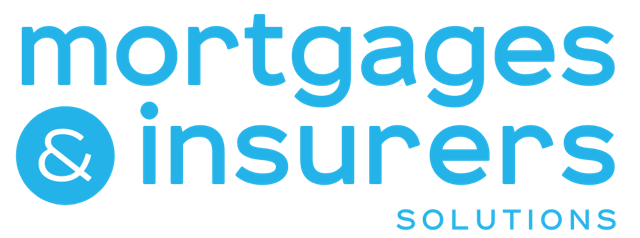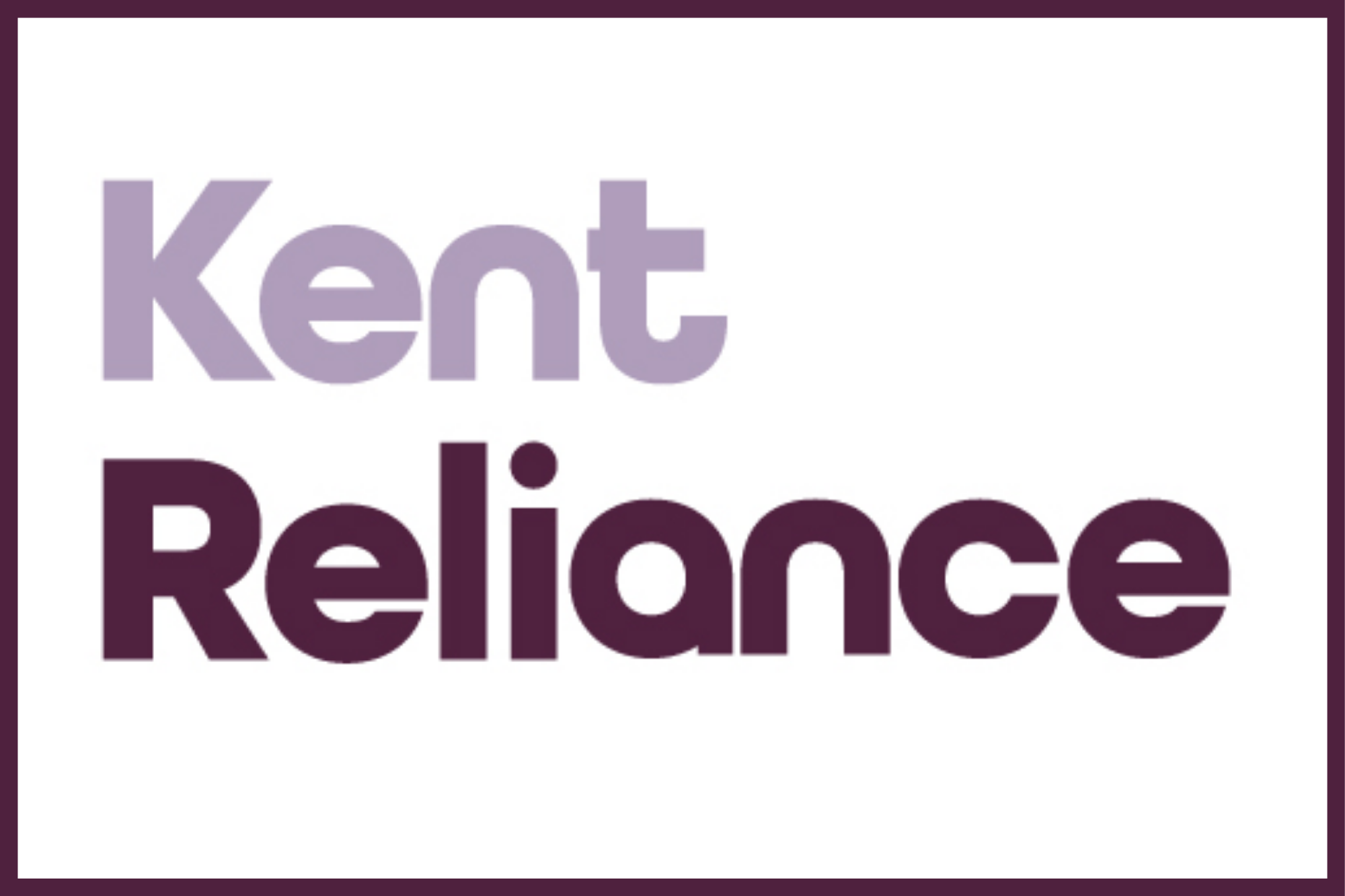Fixed Rate Mortgage
A fixed mortgage allows you to pay a fixed rate of interest for a set amount of time. This can be spread over a certain number of years, whether that is 2, 5 or even sometimes extending to10 years.
Advantages
- The advantage of using a fixed rate mortgage is that your repayment remains the same each month, helping you to budget efficiently and plan well, knowing that your monthly payments will not change over the course of the fixed term.
Disadvantages
- When taking out a fixed rate mortgage, interest rates are not always that competitive and once you have committed yourself to this mortgage type, should you want to get out of your deal early, you may have to pay a large repayment charge.





























